- 3128
- 0
Sharing Ideas and Updates on LPG in Nigeria and related information to enable effective collaboration within the LPG Value Chain
LPG ROAD ACCIDENT IN OSUN STATE LEAVES SIXTEEN VICTIMS DEAD.

On Friday evening, a tragic road accident occurred at Ode-Omu along Gbongan-Osogbo road, resulting in the death of 16 people, including five children. The incident was confirmed by Agnes Ogungbemi, the spokesperson of the Osun Sector Command of the Federal Road Safety Commission (FRSC), who stated that the collision of two vehicles caused the accident. According to Ogungbemi, one of the vehicles was transporting bottles of Liquefied Petroleum Gas (LPG), which exploded upon impact and ignited the fire. "The fire outbreak was caused by the explosion of gas bottles from one of the vehicles," she said. We will provide updates on this tragic event as more information becomes available on LPG in Nigeria.
However, at this point we feel the need to re-state the many dangers of transporting LPG carelessly in any capacity.
Firstly, LPG is a highly flammable gas that can ignite and cause explosions when exposed to heat, sparks or flames. This means that any mishandling during transportation can lead to catastrophic consequences, such as the loss of human lives and property damage.
Secondly, LPG is typically transported in pressurized containers, which can rupture or leak if subjected to mechanical stress or impact. This can result in gas leaks, which can cause fire and explosion hazards.
Thirdly, LPG is a hazardous material that requires proper handling, storage, and transportation procedures to ensure the safety of the public and the environment. Any negligence in the handling of LPG can lead to environmental contamination and harm to human health.
In summary, the transportation of LPG requires strict adherence to safety protocols to prevent accidents and ensure the protection of human lives and the environment.





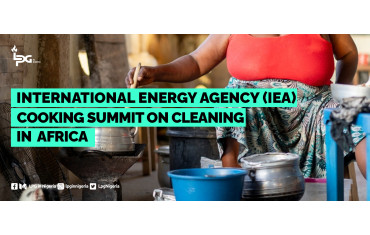
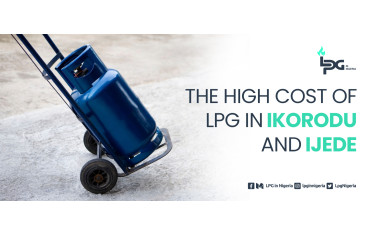
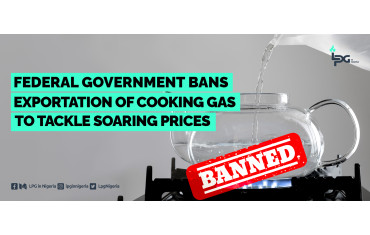

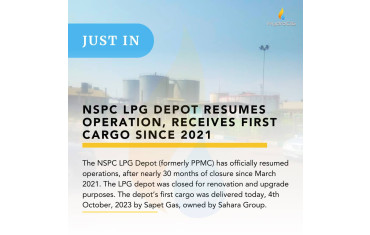

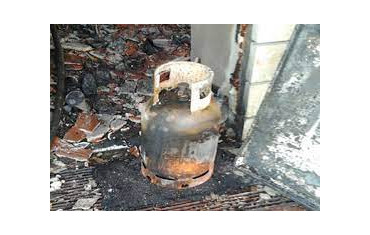

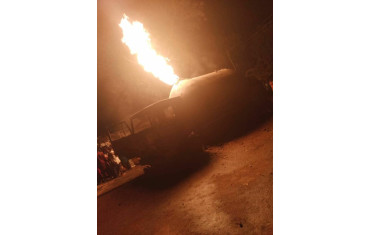


0 Comment.